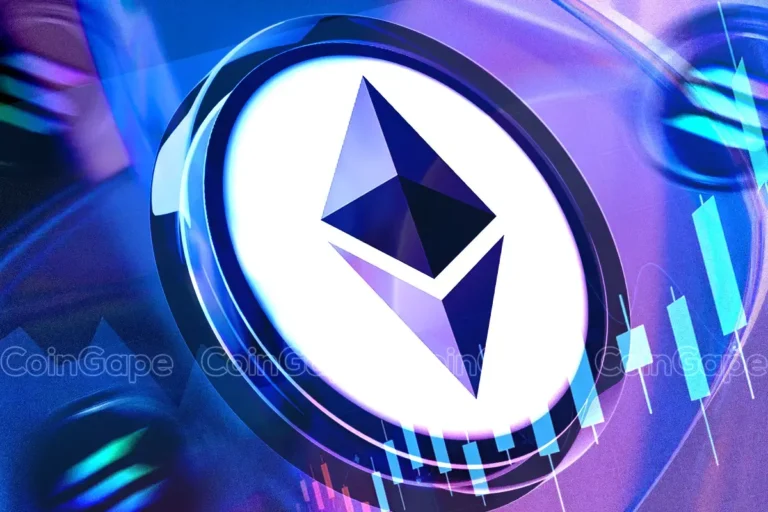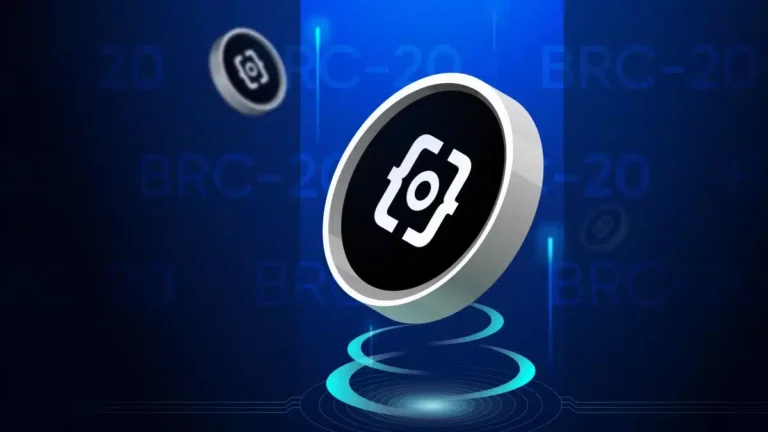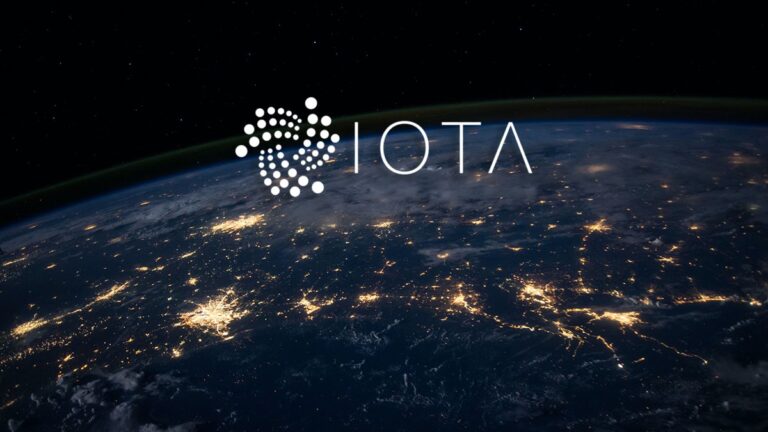DOJ’s Bold Move Sparks Legal Showdown Over Expert Witnesses in Blockchain Case

- The U.S. Department of Justice (DOJ) makes a significant move to exclude expert witness testimonies presented by Sam Bankman-Fried.
- Legal tensions escalate as the DOJ argues that the proposed testimonies overstep boundaries, prompting questions about the admissibility of expertise in blockchain-related litigation.
In a striking legal maneuver, the U.S. Department of Justice (DOJ) has taken steps to challenge the legitimacy of the expert witness testimonies presented by Sam Bankman-Fried. This audacious move by the DOJ adds a new layer of complexity to an already intricate case, shining a spotlight on the boundaries of admissible expertise within the realm of blockchain-related litigation.
The focal point of contention revolves around seven diverse witnesses, including a lawyer, a business school professor, a law professor, and the heads of four consulting firms. However, the DOJ argues that their combined testimonies are marred by inherent flaws. According to the DOJ, these testimonies extend beyond the confines of expertise and encroach upon domains that are either irrelevant or infringe upon the roles of the court and the jury.
To illustrate, British lawyer Lawrence Akka’s intended testimony was centered on interpreting FTX’s terms of service. The DOJ’s concern stems from Akka’s assertion that the terms established a “contractual creditor-debtor relationship” and lacked a “declaration of trust over any fiat currency.” The DOJ contends that this interpretation could prematurely shape the court’s legal interpretation and impede the jury’s role in applying factual information.
Furthermore, the DOJ argues that Joseph Pimbley’s testimony, as the Principal of Maxwell Consulting, should be dismissed due to redundancy. This claim is rooted in the fact that two other witnesses, Gary Wang and Nishad Singh, were directly involved in formulating FTX’s underlying code and are equipped to provide their own insights on the matter.
In response, the DOJ urges the court to exercise its “gatekeeping authority” by barring the experts from testifying. Additionally, the DOJ has requested a Daubert hearing in case the court requires further deliberation. This hearing offers a critical avenue for the court to assess the contested experts openly, evaluating the admissibility of their testimonies.
Through this bold move, the DOJ not only questions the credibility of Sam Bankman-Fried‘s chosen experts but also raises fundamental inquiries concerning the essence and extent of expert testimony in blockchain and fintech litigation. The ramifications of this decision could reverberate widely, potentially establishing a precedent that guides future cases within the rapidly evolving legal frontiers of blockchain technology.














